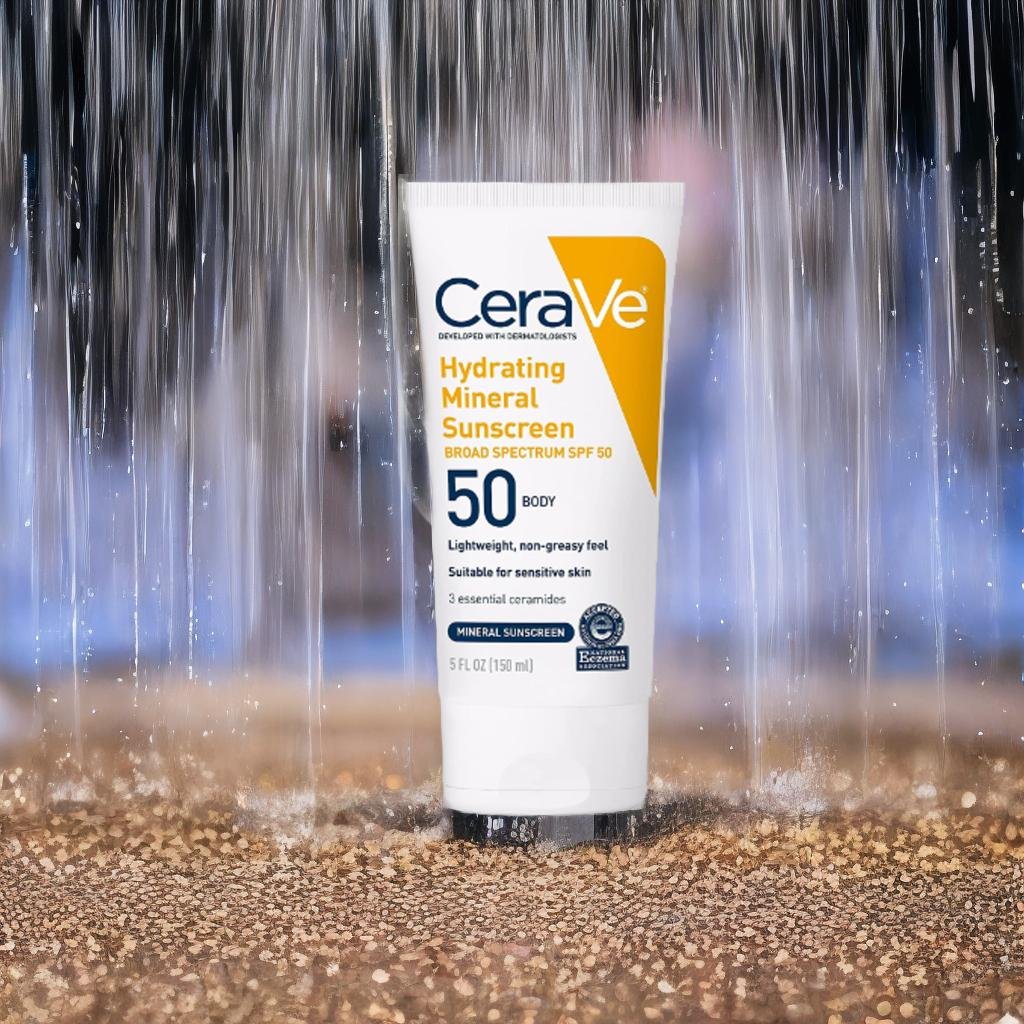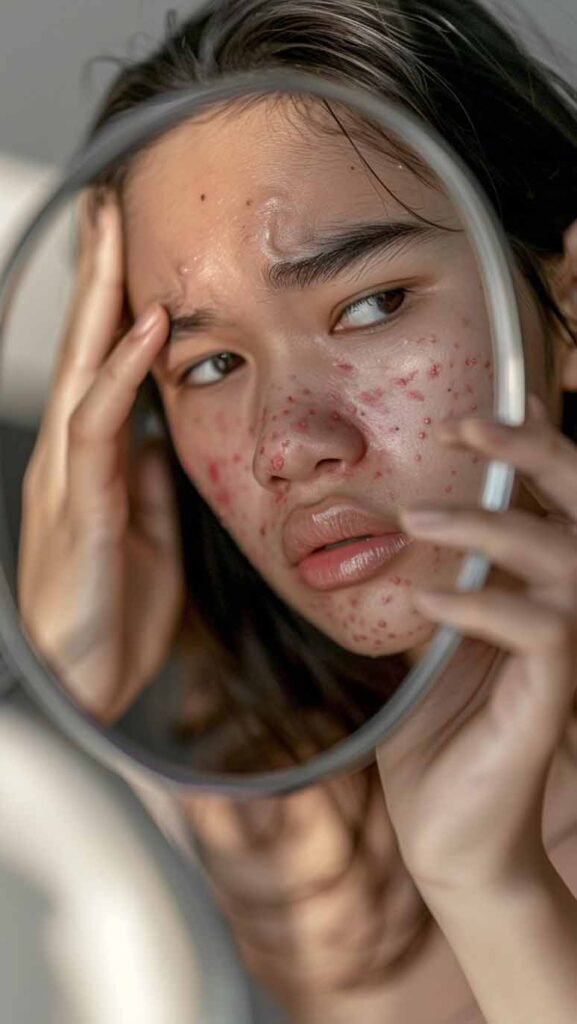How Much Sunlight Should You Get Everyday are given below
• General Guidelines: The majority of nutrition specialists recommend that you spend 10-30 minutes getting exposed to the face, arms, or legs, three times weekly. The amount contained in it depends on some factors such as skin type, age, or geographical location of an individual.
• Skin Type and Sun Exposure: To reach the level produced by black people, inform lighter-skinned people to spend a shorter time under the sun. For instance, an African American needs approximately half an hour in the sun to obtain enough vitamins without harm.
• Location and Season: In as much as this is the case, another factor that defines how much sunlight one requires is his or her geographical location and season. Depending on the weather, when is sunny or warm, during the summer period, one needs to spend less time in daylight. A person may have to use more light during winter to ensure that his body is producing enough vitamin D.
The 6 Benefits of Sunlight for Health
Now let it be said that the six primary reasons as to why sunlight is so important to our body are concerns of great importance.
1. Produces Vitamin D
• Vital for Bones: Lightening is necessary for synthesizing vitamin D in our body, which can not be formed without it since it is our major body structure, bones, and teeth. In the presence of a lack of Vitamin D, one finds that bones become fragile or are stricken with conditions like rickets.
• Boosts Immunity: Vitamin D also helps our body to prevent diseases and this aspect of it is well understood by most people. They noted that this means raises us to a favorable position regarding the risk of getting sick when we expose ourselves to sunlight.
2. Improves Mood
• Boosts Serotonin: It is also well known that vitamin D made in the skin through exposure to ultraviolet B radiation in sunlight is involved in boosting serotonin levels, and consequently, happiness. This is the reason why during spring and summer we everything seems to be lively and we do not experience a lot of fatigue.
• Fights Depression: We can directly reduce the aggression level and lower the resulting depression or anxiety that may occur to us through sunlight. Thus exposure to light: For instance, one’s mood can improve if one gets some sunlight, during the day.
3. Regulates Sleep Patterns
• Controls Melatonin: The rays radiating from the sun have benefits for our bodies since they can regulate the melanin that determines the aspect of drowsiness in us. One can manage to get enough of the natural source of Vitamin D either in the morning or in the afternoon to optimize the nighttime for sleeping.
• Better Rest: Sleep forms one of the sections of our overall health and light is known to play a central role in ensuring we have a sound sleep at night.
4. Supports Heart Health
• Lowers Blood Pressure: They found evidence of this, proving that the sun’s rays decrease blood pressure, because, with the help of nitric oxide, produced by the skin, the blood vessels expand. This compound would work to relax the blood vessels so that blood could flow through the vessels with ease and this would reduce pressure on the blood vessels.
• Improves Circulation: It looks after our pumping system which is the heart; it is therefore not news that sunlight is essential to the proper operations of our circulatory system.
5. Enhances Skin Health
• Treats Skin Conditions: It has been found indeed that reasonable amounts of sun are rather beneficial when it comes to certain diseases, for instance, psoriasis and eczema. The part of the skin that has been affected should be exposed to sunlight because it assists in killing bacteria and reduces inflammation.
• Promotes Healing: Light can also help in the speeding up the process of recovery since it stimulates the repair process in the skin.
6. Supports Weight Management
• Regulates Appetite: Synthesis of hormones from the ultraviolet rays in the sunlight helps to supervise the eating process to prevent being overweight.
• Increases Physical Activity: Weather can mobilize people to get out of their houses and be active; for instance, the sun can encourage people to go out and have fun. Of course, the physical activity here is advantageous in the sense that it serves our desired goal of weight control and enhances our fitness.
Table of Contents


Precautions for Too Much Sun Exposure:
We would like to mention that although the sun is beneficial to our organisms, the same thing turns negative when the sun is too hot. It is very essential to take a nap during the day and lack of it exposes one to so and skin problems such as sunburns, skin damage, and skin cancer. So, if you want to reduce the impact of solar radiation the next time you are outside in a sunny environment, you can do the following:
1. Use Sunscreen
(a) Protect Your Skin: Apply a lot of sunscreen, in this case, using a sunscreen with an S. P. F of not less than 30. Sunscreen is an agent that protects the skin from penetrative rays of the sun responsible for causing sunburn and harm to the skin.
(b) Reapply Often: In case you are in a water activity or engaging in some form of exercise that is likely to make you sweat, you should ensure that the area affected with the skin parts is protected by sunscreen, ideally applying it after every two hours. This assists in the pursuit of making sure that one is always covered, especially during the bright days of the day.

2. Wear Protective Clothing
(a) Cover-Up: It is also recommended to dress sparely for the sun, for example, long-sleeved shirts, trousers, and wide-brim hats. Technically, it cannot but it is lighter in color and is free flowing which makes you feel cool besides protective of the skin.
(b) Use Sunglasses: Wear protective sunglasses that deserve UV320 protection for one hundred pc of UV-A and UV-B radiation. It aids in the protection of the eyes and also has benefits that include the reduction of occurrences of catarac0ts.
3. Seek Shade
(a) Avoid Peak Sun Hours: There are regions where the sun is very apparent and offers its heat between 10 am and 4 pm avoid going out during these hours. It may also decrease chances for sunburn and skin cancer risk based on either type of wearing but may be more effective than hats for reducing skin carcinomas based on a specific type of wearing.
(b) Find Shelter: When you are outside, move towards an area with a cover from trees, umbrellas, and tents. This provides one with shade and keeps off the direct sun rays thus may help in cooling down.
4. Stay Hydrated
(a) Drink Water: This cements the understanding of the dangers of the sun in spending many hours under the sun as it causes sweating and loss of body fluids, thereby causing dehydration. Coupled with this is regular intake of water as it has been noted to be conducive to improved health and fitness.
(b) Avoid Sugary Drinks: Take water instead of such products as sodas or other sweetened products, since they can harm you by dehydrating instead of helping. It regulates body temperature and enables all the body functions to take place without making any disruptions.
5. Facing the Sun:
Moving on, it is prudent to be conscious of the skin point sensitivities.
(a) Check Medications: Also worth noting is the fact that some medicines also cause the skin to become sensitive to the sun and thus easily develop sunburn. Tell your doctor or any other pharmacist or healthcare provider if your medication needs to do this.
(b) Know Your Skin Type: This is especially true among those whose skin is light, whose hair is also light, and who have light-colored eyes because they easily get tanned. Regarding people with this skin type, it is strongly recommended not to expose oneself to the sun and to wear something that would shield the skin from UV radiation.
6. Use Extra Care for Children
(a) Protect Kids: It is also important not to allow the children to bask in the direct sunshine because the skin of a child becomes easily damaged by the sun. Ensure that they are using some sunscreen to protect the skin and also some clothes that can protect the skin. Explain to them the measures that they should take in order not to be sunburned or not to come across the risk factors that are related to the sun.
(b) Limit Sun Exposure: Parents or guardians should never take a child who is six months old and below outside where they can get exposed to direct sunlight. Spray them and then just roll them out or cover them with sham baby strollers or umbrellas.
Therefore, although sunshine helps address health issues, naked sun exposure is not always advantageous. The protection methods that can help prevent the effects of UV rays and reduce the risks include regular use of sunscreen, protective clothing, avoidance of direct sun exposure during the period between 10 a.m. and 4 p.m., adequate fluid intake, and recognizing one’s skin type and the types of others, as mentioned by the CDC. These rates of measures applied decrease your risks of skin damage, hence you can sunbathe safely without having to think much of the effects on the skin.





